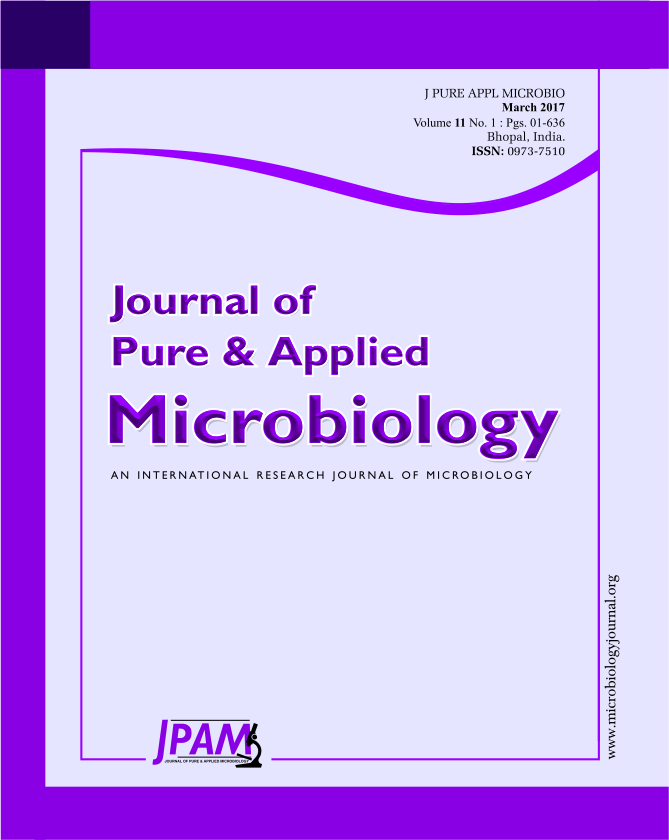Pesticides are widely used to control the pest as well as to improve the yield of agricultural products. Pesticide applied in the soil affects the microorganisms, soil enzymes, and physicochemical parameters in the soil and in turn affect the soil fertility. Understanding the impact of pesticide on the soil both short-term and long-term exposure would provide a set of analytical data for risk assessment and resilience of the soil parameters. This would open up other possible ways given to improve the crop productivity. This review mainly focuses on standard biomarkers such as microbial enzymes, soil enzymes novel proteins, and microbial community other parameters developed as indicators, of pesticide contamination.
Environment health, pollutants, degradation, remediation, rhizosphere.
© The Author(s) 2017. Open Access. This article is distributed under the terms of the Creative Commons Attribution 4.0 International License which permits unrestricted use, sharing, distribution, and reproduction in any medium, provided you give appropriate credit to the original author(s) and the source, provide a link to the Creative Commons license, and indicate if changes were made.


